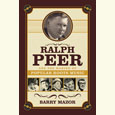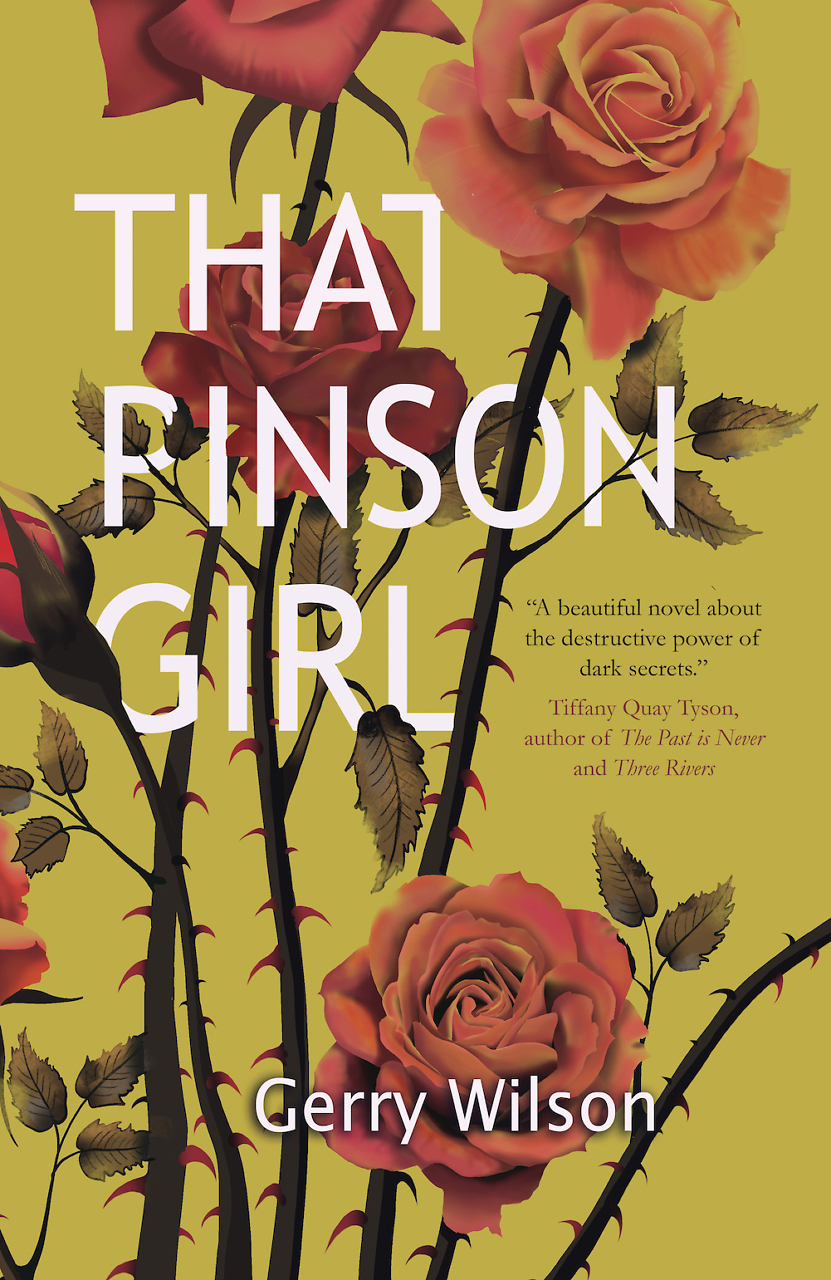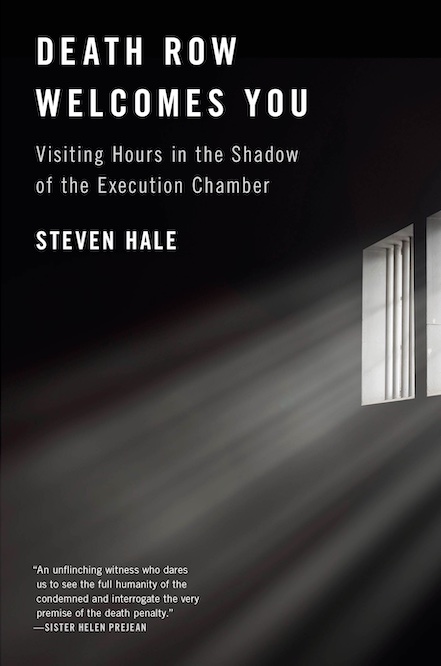Sons and Lovers—and MFA Degrees
In Leah Stewart’s new novel, an infidelity jars a former poet into reconsidering her marriage and its costs
So hoary is the tradition of novels about writers that it’s impossible to attend a graduate writing program without being warned against the shopworn trope of writing about being a writer. Nonetheless, with said programs popping up on seemingly every campus, a new breed of books about writers—specifically, MFA candidates and graduates—has emerged. Husband and Wife, the new novel from Leah Stewart (a Vanderbilt graduate and former visiting professor at both Vanderbilt and Sewanee), takes up the task with keen insight and subtle wit. But it also has, significantly, a broader sweep in its intelligent portrayal of modern motherhood and the challenge of creative productivity in a two-breadwinner world.
As the story opens, thirty-five-year-old Sarah Price discovers that she has been betrayed by her husband Nathan, a young fiction writer who is about to publish his third, and potentially breakthrough, novel. As Nathan tearfully confesses, the novel, titled Infidelity, is not entirely a product of his imagination. The other guilty party in his affair? A fellow fiction writer he met at a conference.
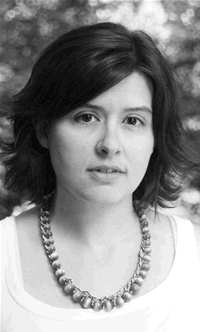 Sarah must weigh her feelings for Nathan and their children, baby Binx and four-year-old Mattie, against this betrayal and decide whether to stay or go. But the crisis is the trigger for Sarah’s larger examination of her life’s trajectory. In the wake of his confessions, she’s forced to confront the conflicting pieces of her identity, that of mother and academic business manager, and that of the poet who once published in The Paris Review. It is telling that the first line of Husband and Wife is, simply, “My name is Sarah Price, and I am married to a fiction writer.” What is not articulated in this description is everything that silently eats at Sarah: the fact that she, too, is—or once considered herself—a writer, and that she has not written for years. En route to a wedding, she bitterly reflects, “I looked fat in my dress, and I wasn’t a poet anymore. I had a role in the world, OK, sure, but not in the writing world, not anymore, not like in grad school. … Now I was Nathan’s wife. His betrayed, blinkered, stretched-out wife.”
Sarah must weigh her feelings for Nathan and their children, baby Binx and four-year-old Mattie, against this betrayal and decide whether to stay or go. But the crisis is the trigger for Sarah’s larger examination of her life’s trajectory. In the wake of his confessions, she’s forced to confront the conflicting pieces of her identity, that of mother and academic business manager, and that of the poet who once published in The Paris Review. It is telling that the first line of Husband and Wife is, simply, “My name is Sarah Price, and I am married to a fiction writer.” What is not articulated in this description is everything that silently eats at Sarah: the fact that she, too, is—or once considered herself—a writer, and that she has not written for years. En route to a wedding, she bitterly reflects, “I looked fat in my dress, and I wasn’t a poet anymore. I had a role in the world, OK, sure, but not in the writing world, not anymore, not like in grad school. … Now I was Nathan’s wife. His betrayed, blinkered, stretched-out wife.”
Nathan’s infidelity catapults Sarah deep into memories of their life B.C.—before children—when, as fellow graduate students in Austin, they stayed up late discussing art, in mutual “pursuit of the elusive, ever-vanishing, perfect phrase.” The MFA years were “a pretty heady time,” as she recalls them. “It’s all hope and anticipation and a conviction of your own potential greatness, and you know that nobody reads poetry anymore, but you think maybe somehow in some inchoate way you haven’t bothered to articulate to yourself that your poetry might change all that. … I didn’t want to go back there either, but I suspected Nathan did. After I found out he’d cheated, I was certain I was right. I imagined he’d said to this woman, as he’d once said to me, ‘Literature is my religion,’ and she’d gazed at him with the intense understanding of a fellow zealot, instead of saying, ‘Did you feed the baby a snack? Why not?’
Nathan’s path has retained some of that heady quality, of course. Sarah’s has not, and she wonders if her husband has drifted from her, and to another writer, because of it. “Nathan would ask me if I’d been writing,” she says, “and I would lie and say I had. Maybe I was doing it for him, keeping up appearances, because he’d married a poet and I thought he still wanted to be married to one.”
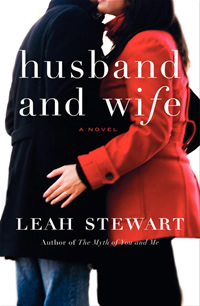 As she spirals through emotions and memories in the wake of Nathan’s confession, Sarah is confronted repeatedly with two visions of herself: the freewheeling artist she once was, and the 9-to-5-ing, breastfeeding mother she has become, 10 pounds heavier than she’d like. Is there some way to retrieve what’s worth retrieving in that past self and graft it onto the woman she’s become? And would that bring her greater happiness? And would it save her marriage?
As she spirals through emotions and memories in the wake of Nathan’s confession, Sarah is confronted repeatedly with two visions of herself: the freewheeling artist she once was, and the 9-to-5-ing, breastfeeding mother she has become, 10 pounds heavier than she’d like. Is there some way to retrieve what’s worth retrieving in that past self and graft it onto the woman she’s become? And would that bring her greater happiness? And would it save her marriage?
The figurative journey into the past becomes literal when she decides to look for answers in Austin, where her good friend and fellow poet Helen awaits—as does an alluring figure from her past, Rajiv, a filmmaker who once told her that he was a little bit in love with her and has sent the occasional flirtatious email over the years. Sarah’s wise enough to know that you can’t go back again, and if anything, her time in Austin further emphasizes how much, and how irrevocably, life has changed since grad school. But the trip does have its clarifying, and thrilling, moments. As she watches Helen carve out time to write, and as she basks in Rajiv’s flattering gaze, she begins to know herself anew.
Sarah is aware that her identity crisis is to some degree rooted in a sense of entitlement typical of her generation. “Adulthood was not naturally conferred upon me, as I’d always imagine it would be,” she muses. “Somehow I made it into my thirties with the notion that you do what you want. I made a decision, sometime after Mattie arrived, to do what I had to do, although at times it didn’t seem to me that that particular version of adulthood fit me at all.”
Her voice is measured and steady, clearly that of a responsible woman who has put aside creative pursuits for the health of the family economy. But she is also deliciously snarky when the situation calls for it, as in conversation with a friend about breast-feeding: “You know, breast is best and all that, so I nurse them both and take my ginormous prenatal vitamin and eat right and sterilize all the pain-in-the-ass pump equipment and take the pump to work and close my office door and sit there at my desk with my breasts hanging out of my shirt, the pump whirring away, and then after all that it turns out the bottles I was using leak chemicals into the milk.” Though you may find it hard not to judge Sarah, and though you may want to talk back to her, you can’t help but want badly for her to find what she needs, and for her marriage to prevail, too.
As adroitly as it explores parenting trends and the vicissitudes of modern marriage, Husband and Wife should strike many readers as a thought-provoking, satisfying read. And for mothers who write—who make any sort of art—it may be nothing short of life altering: a summons to reexamine decisions and priorities.
